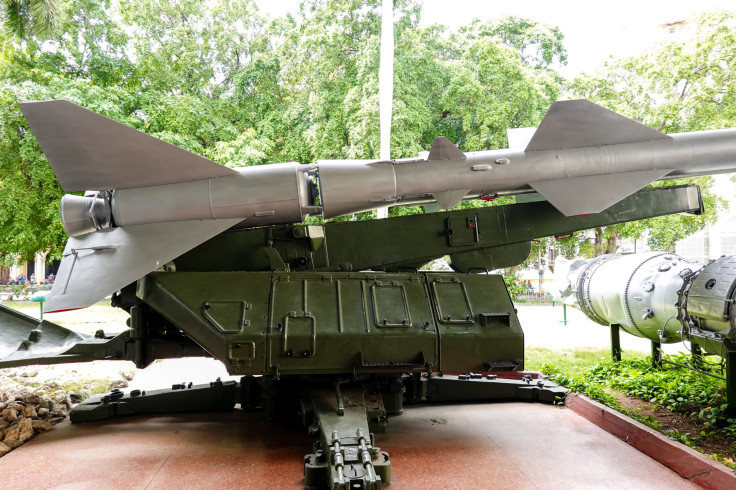Ukrainian grain tycoon Oleksiy Vadaturskyy and his wife were killed in Mykolaiv, Ukraine on Sunday after intense shelling to the city, with many accusing the Russians of deliberately murdering him to take control of the city’s grain industry.
Vadaturskyy, a 74-year-old man who helped industrialize a large portion of Ukraine’s grain and agrarian production, and his wife Raisa, were reportedly in their home when the shelling of Mykolaiv hit their residence and killed them instantly, according to al-Jazeera.
The Sunday shelling of Mykolaiv has been anecdotally declared as the heaviest shelling that the city has experienced since the beginning of the Russia-Ukraine war, with many explosions and fires starting due to the bombing, CNN reported.
“Mykolaiv was under mass shelling today. Probably the strongest one of all time,” Mykolaiv Mayor Oleksandr Senkevych said.
While Russia has kept mum regarding the death of Vadaturskyy, many Ukrainian officials and foreign analysts believe that he was killed to stifle the Ukrainian grain trade, which contributes over 15% of the country’s GDP and which Vadaturskyy has a vast influence on.
“For more than 50 years of his career, Oleksiy Vadaturskyy made an invaluable contribution to the development of the region and the development of the agricultural and shipbuilding industries of our country,” Ukrainian President Volodymyr Zelenskyy said.
Vadaturskyy's company, Nibulon, owned many of the fertile lands in the city, and the company raised cows and promoted the production and proper distribution of grain in the country, including building ships to help transport different raw goods through the Black and Azov seas.
“He worked. He didn’t exploit the Soviet industrial heritage. He built his empire in the field,” analyst Vadim Karasev said. “He was one of those who created the Ukrainian miracle of grain exporting.”
Vadaturskyy’s death comes as he successfully negotiated for safe passage of Ukrainian grain through the Black Sea, with the Sierra Leone-flagged cargo ship Razoni leaving the port of Odessa a day after he was killed. Many believe that his continued presence in the grain industry of Ukraine despite the war was why he was killed.
“With his death, the business won’t stop, but it would take time to redirect the system of decision-making,” political analyst Igar Tyshkevich said. “Any delay in decision-making, in shipping, benefits Russia.”

© 2025 Latin Times. All rights reserved. Do not reproduce without permission.





